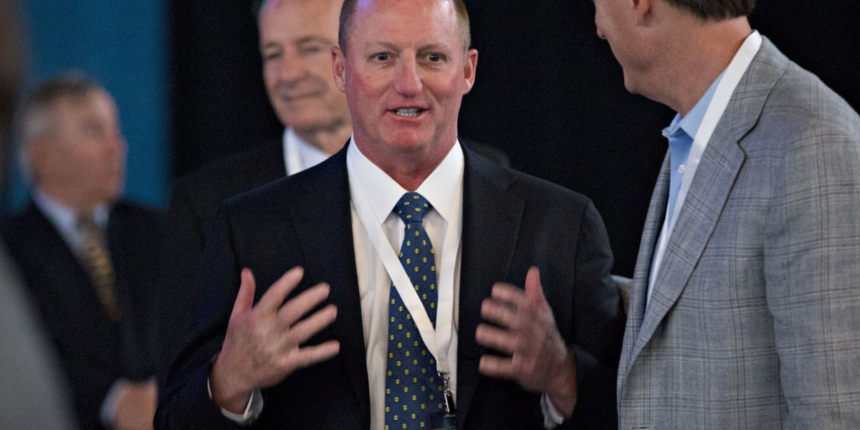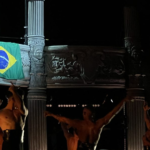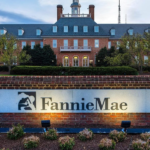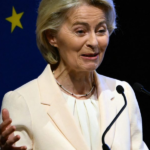Warren Buffett has announced he will retire at the end of this year, closing the curtain on one of the most legendary runs in corporate history. His chosen successor? Greg Abel—a name few outside Omaha or the investing elite may recognize, but someone who has quietly been running a sizable chunk of Berkshire Hathaway’s operations for years.
Abel avoids the spotlight, rarely gives interviews, and doesn’t trade on charisma. But in 2021, when the late Charlie Munger was asked about succession, his answer was blunt: “Greg will keep the culture.” That means upholding Berkshire’s defining principles of decentralized leadership, long-term focus, and deep trust in its operators. Abel has long practiced those values. He’s known for operational discipline, financial restraint, and empowering strong leaders without micromanaging, much like Buffett.
Abel is not a flashy visionary or disruptor. He’s a builder. At Berkshire Hathaway Energy, he turned a conventional utility into one of the largest power players in the U.S., investing tens of billions into renewable energy and infrastructure. Now, as Buffett steps back, Abel steps forward at a time when the business landscape is shifting dramatically. Markets move faster. CEOs are expected to be visible personalities. And scrutiny from regulators, activists, and investors is more intense than ever.
The question isn’t whether Abel can run the entire conglomerate. The real test is whether he can preserve what makes Berkshire—now valued at just over $1.2 trillion—unique in a world that seems less patient with quiet leadership and long-game thinking.
Today’s newsletter was curated by Lily Mae Lazarus.









